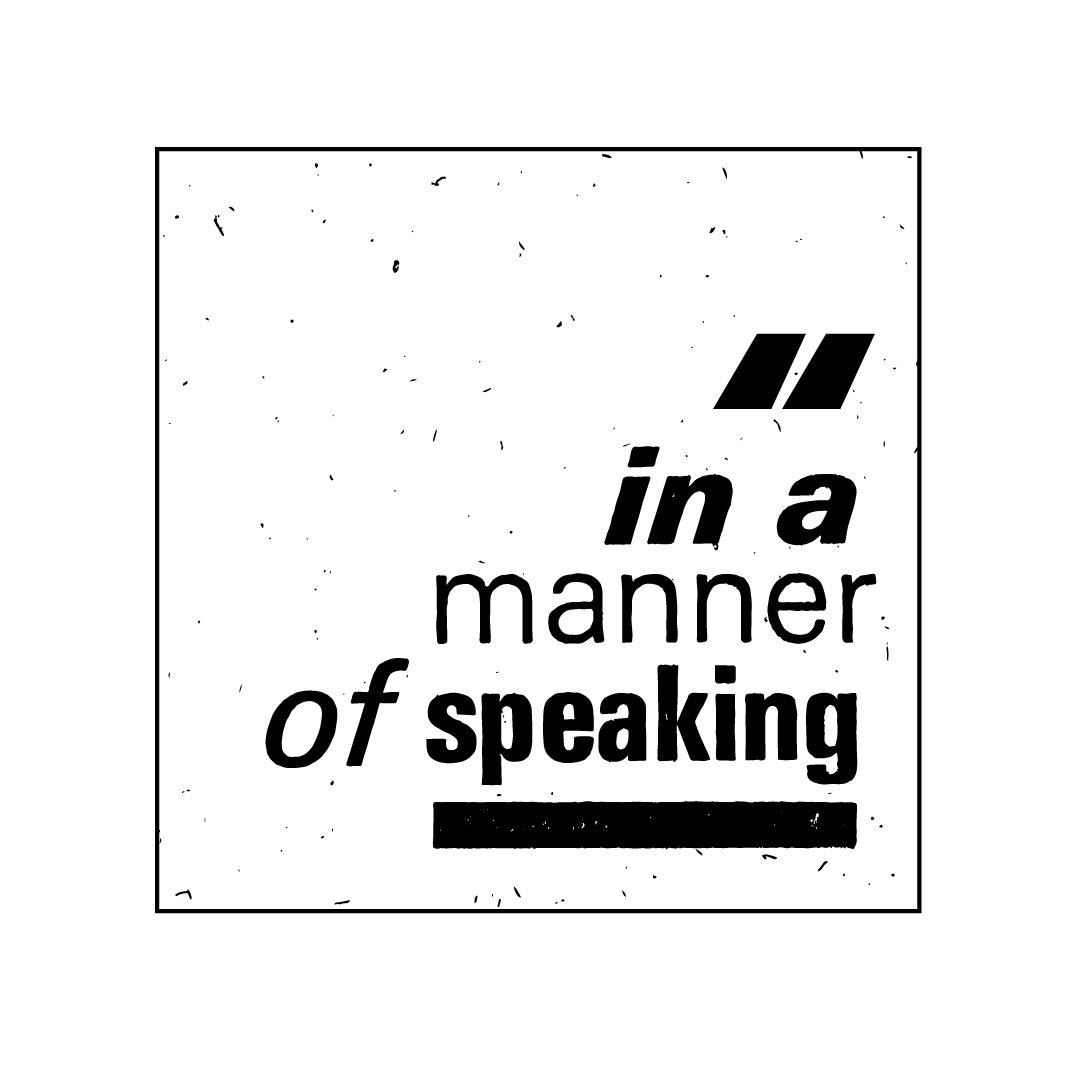
In a Manner of Speaking
2016 - 2022
This doctoral study is a practice-based research project exploring four works which have their basis in performance. Through examining the various contexts, the internal mechanisms, and comparative case studies of these works, they allow insight into both the generative process and the potential subversive qualities of working with the voice in the act of speech, miming certain performative contexts and events in order to question these situations and see them in a new light.
These works demonstrate an incremental shifting of presence of the artist/performer from a state of an embodied performance to a disembodied one. This procedure enables a shift of agency, from the performer to the audience, where, in the later works, the audience becomes ‘operator’ or performer. Simultaneously, through the insertion of performance into the everyday, together with the capacity of the voice to expand and amplify (via its technological application), they stage both democratic dissemination and the questioning of power, as well as the very habitual performative structures that inform our day-to-day routines. The gesture of such ‘ventriloquism’ in this work explores the subtle relationships between humour and subversion, and the kind of inherited linguistic theories that have attempted to deconstruct language usage.
Key theories examined include Jacques Lacan’s context of voice within objet petit a (1977), Mladen Dolar’s emergence of the object voice (2006) and Mary Ann Doane’s technologised and ‘atomised voice’ of extraordinary reach (1980). These aspects are cross-examined in the thesis with corresponding examples of performance art practice relevant to the research.
Four sections develop and extrapolate: firstly, the vocal contexts of preparation and rehearsal for a performance, followed by a live performance to an audience, moving to a performance of the act via digital telephonic technology, to finally being delivered as artificial intelligence. This explores the deconstruction of presence that occurs, and how subversive gestures have operated and might be conceived in a technological environment.
The conventional parameters of speech acts are analysed, deconstructed and critiqued through specific encounters that subvert the normative channels of communication to illuminate other realms of the self, outside and beyond what is commonly anticipated. Performance provides the critical and active space for this transformation through the encounter between artist and audience, speaker and listener; making audible a new voice – the subversive voice – that reimagines the possibilities of human experience and what might constitute its presence.
Key words: Performance; performative; voice; speech; subversive; communication.

